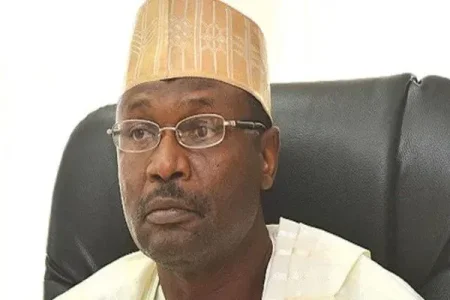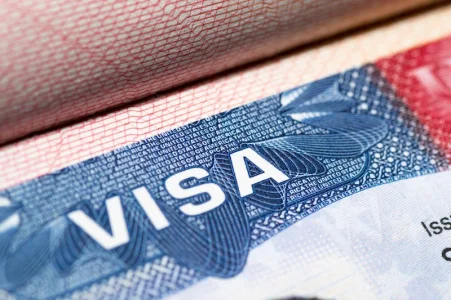
INEC has revealed that recalling an elected official is more expensive than conducting a constituency election. The process involves verification of signatures, BVAS authentication, and a referendum, requiring extensive resources. Despite the high cost, INEC is mandated by law to follow the process outlined in the Electoral Act.
The Independent National Electoral Commission (INEC) has disclosed that recalling an elected lawmaker is significantly more expensive than organizing a regular constituency election. This was stated by Mohammed Kunna, Special Adviser to the INEC Chairman, during an online discussion about the commission’s recall guidelines for 2024.
Speaking on the X platform, Kunna highlighted that the recall process involves multiple stages, each requiring substantial financial and logistical resources. According to him, once a petition is submitted and meets legal requirements, INEC must conduct a verification exercise using the Bi-Modal Voter Accreditation System (BVAS) to confirm the authenticity of the signatures collected.
For a recall to proceed, petitioners must secure the support of more than 50% of the registered voters in the constituency. If this threshold is met, INEC is required to organize a referendum, where voters will decide through a simple "yes" or "no" vote on whether the lawmaker should be removed.
Kunna explained that the entire process mirrors the cost and complexity of conducting three separate constituency elections, as it requires staff deployment, election materials, security arrangements, and transportation across the affected polling units.
INEC’s Chief Press Secretary, Rotimi Oyekanmi, acknowledged the financial burden but emphasized that the commission has no choice but to comply with the law. He further clarified that electronic voting is not permitted under Nigeria’s current electoral framework, meaning all voting must be conducted manually.
The discussion also touched on common misconceptions about INEC’s role in election processes, particularly regarding BVAS and the Independent Results Viewing Portal (IREV).
4o


![[VIDEO] Nyesom Wike Hosts Praise and Worship Session with Fellow Politicians](/data/attachments/226/226511-0c85b1c52ba59f43f5e2898b3db41e33.jpg?hash=zBIYNVbNfS)

